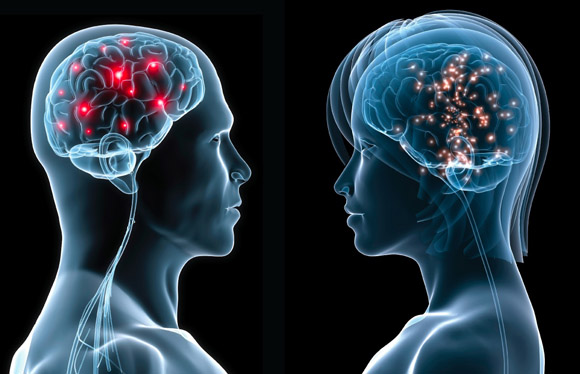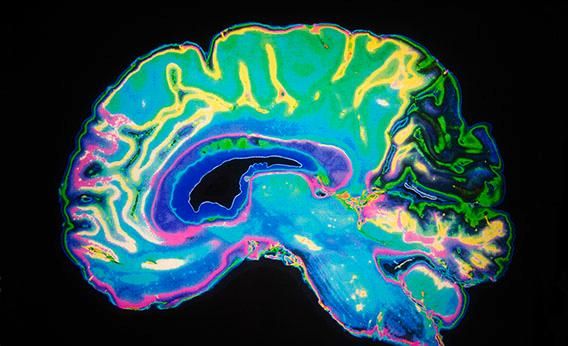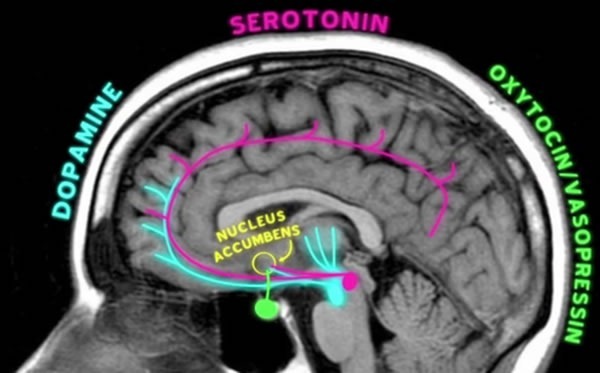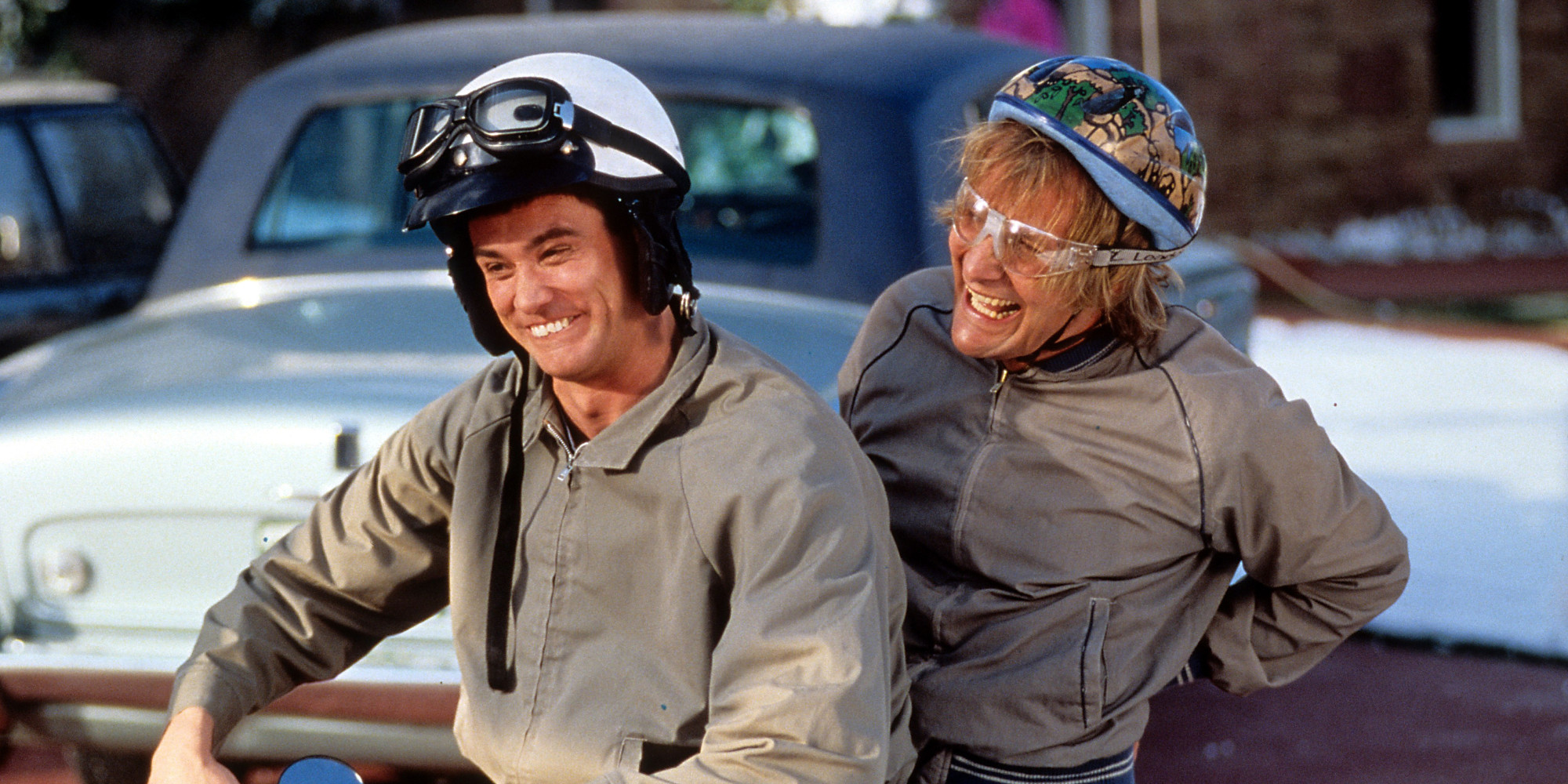What Really Happens In Your Body When You Fall In Love?
A few typical signs such as sweaty palms, racing heart and flushed cheeks are indications that you may be in love or at the very least, lust.
First things first, the reason we're "crazy in love" is because of uncontrollable reactions that occur between hormones, brain chemicals and neurotransmitters
You may feel shaky and clumsy when you're in love, this is because the muscles in your body is on edge. The brain interprets love as something very important and perhaps dangerous, causing your brain to sometimes prepare your muscles to react, even if it's not a dangerous situation.
Well known researcher, Helen Fisher of Rutgers University in New Jersey has proposed that humans fall in love in three stages: lust, attraction and attachment
Scientists are finding that, after all, love really is down to a chemical addiction between people
Image via blogspot.comHelen Fisher notes that 'during these three stages of falling in love, different hormonal changes and chemical reactions are involved, some of which actually mimic mental illness and the effects of illicit drug use.'
ellecanada.comAccording to Fisher, the first stage of falling in love is "Lust." The initial stage of Lust is primarily fueled by the two sex hormones, testosterone and estrogen. These hormones are the visceral impetus that causes us to go out "on the prowl" looking for a mate in the first place.
Testosterone is not just confined to men and has been shown to play a large part in women’s sex drive. Testosterone is known to naturally encourage aggression and risk-taking. Therefore, when it’s produced in our bodies, it gives us the natural confidence boost to flirt with a potential mate. Meanwhile, the release of estrogen sends a message to your ovaries that the person you’re flirting with is attractive.
The second stage of falling in love is"Attraction". When you are attracted to someone your body releases Norepinephrine, otherwise known as adrenaline, which causes your heart to race faster and your body to sweat.
While you are worked into a physical frenzy, your nervous system also releases generous helpings of Dopamine - the “happy chemical” that triggers an intense rush of pleasure similar to what is released during the use of cocaine or nicotine.
ellecanada.comWhen in love, your body often shows signs of surging dopamine: increased energy, less need for sleep or food, focused attention and exquisite delight in smallest details
Mapping of a brain surging with Dopamine: the molecule behind all our most sinful behaviors and secret cravings.
Image via pinimg.comDopamine triggers a “desire and reward” response. When our bodies experience the pleasurable feeling of Dopamine, we will then go to great lengths to seek out more, leaving people literally “addicted to love.”
If everyone who ever fell in love remained in the Attraction phase, nothing would ever get done. Therefore, comes "Attachment" phase. Here certain hormones play a part in forming the bond that keeps couples together.
The two main hormones at play in Attachment phase are oxytocin (cuddle hormone) and vasopressin, both of which are released during sex. Oxytocin is said to be released when a woman orgasms and been linked with increasing pair bonding between couples.
Oxytocin also seems to help cement the strong bond between mum and baby, and is also released during birth. It has been shown by a Japanese professor Dr. Higashida that if you block the natural release of oxytocin in the brain of rats or mice, they reject their own young. Oxytocin can be released through physical touch, like stroking, cuddling, hugging and kissing.
PS: Love makes you dumb and dumber. Studies have shown that people who are passionately in love are less able to focus and to perform tasks that require attention.
“When you have just become involved in a romantic relationship you’ll probably find it harder to focus on other things because you spend a large part of your cognitive resources on thinking of your beloved," Dr. Henk van Steenbergen, assistant professor at Leiden University in The Netherlands, said in a written statement released by the university.
leiden.eduAnd, in case you would like to know how to fall in love, here's what you should try doing:
Find a complete stranger.
youramazingbrain.orgReveal to each other intimate details about your lives for half an hour. New York psychologist, Professor Arthur Arun, asked two complete strangers to reveal to each other intimate details about their lives. This carried on for an hour and a half. The two strangers were then made to stare into each others eyes without talking for four minutes. Afterwards many of his couples confessed to feeling deeply attracted to their opposite number and two of his subjects even married afterwards.
bbc.co.uk








